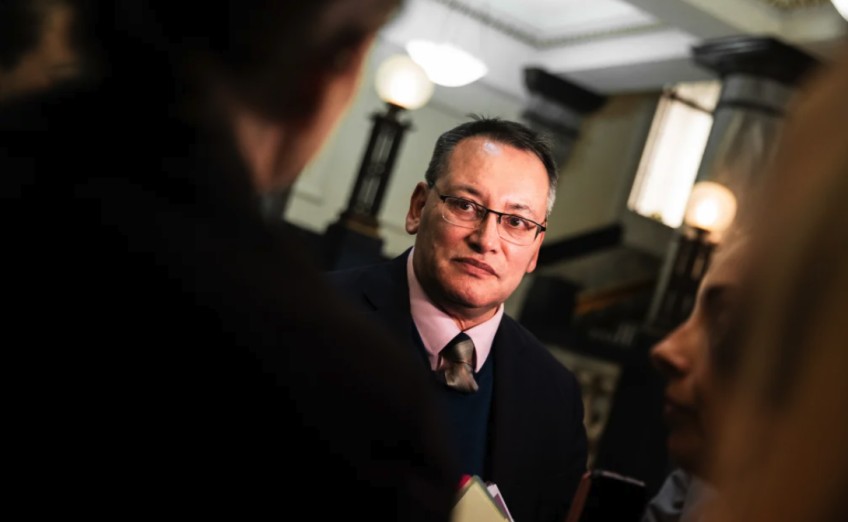Cancer drugs promise: Government confirms $600m extra for Pharmac

The government has confirmed $604 million over four years in extra Pharmac funding, to cover "up to 54" new medicines including 26 cancer treatments.
Health Minister Shane Reti says it will mean the agency can fund all 13 cancer drugs promised at the election, or replacements that are "as good or better", and will benefit about 175,000 people in the first year.
Dr Reti said some of the treatments would be available from October or November, "with more phased in over the next year".
He and Associate Health Minister David Seymour made the widely expected announcement after this week's Cabinet meeting, with the roughly $600m over four years the most likely of three options expected to be presented at that meeting.
The other options included directing Pharmac to fund the specific drugs National campaigned on, or setting up a separate agency to fund them - but both options could have compromised the independent processes Pharmac normally uses to buy medicines.
"This approach allows the government and Pharmac to act on updated clinical advice, funding new and more effective treatments which have superseded previous options," Seymour said.
"For many New Zealanders, funding for pharmaceuticals is life or death, or the difference between a life of pain and suffering or living freely.
"It was a priority for this government to find the additional $1.8 billion to fix the fiscal cliff left by the previous government, and we're now providing a $604m uplift to Pharmac to ensure more Kiwis can access life-changing medicines."
National had campaigned on funding the medicines, and the commitment was labelled a broken promise when the funding was not included in this year's Budget.
Finance Minister Nicola Willis subsequently said the funding would come from next year's Budget, including pointing to a pre-allocation for Te Whatu Ora / Health NZ.
Pharmac would immediately start work to deliver the additional medicines following the "significant" funding boost, chief executive Sarah Fitt said.
She said the next step would be to determine which medicines to fund, followed by negotiating with suppliers and consulting publicly.
"A lot of work happens behind the scenes so that as soon as funding becomes available, we're ready to go," Fitt said.






















